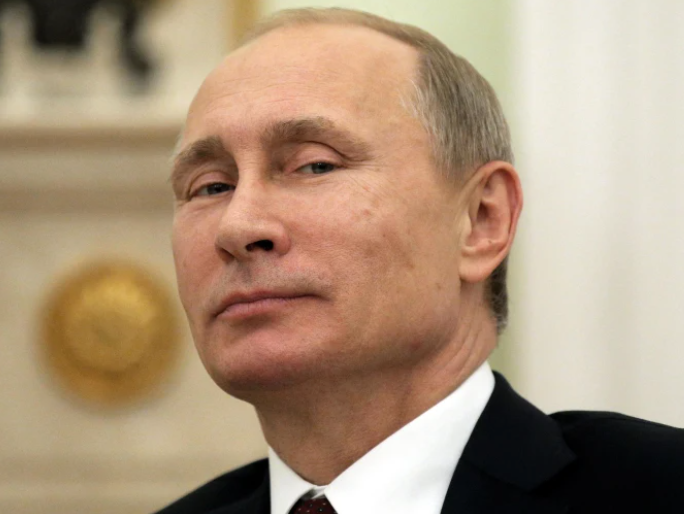$CL $XOM #OPEC #Russia #OilPrices #Sanctions #MarketStability #Energy #GlobalEconomy #ProductionLevels #CrudeOil #Investing
How Do U.S. Sanctions on Russia Reshape OPEC+ Strategy? Discover the Global Impact!
This weekend, OPEC+ convenes to determine December’s oil production levels, marking its first meeting since the U.S. imposed sanctions on Russia’s largest oil firms. The timing of these sanctions raises critical questions about how news will influence the alliance’s strategy moving forward. As the second-largest oil producer in the OPEC+ group, Russia plays a vital role in global oil supply dynamics.
For nearly a decade, OPEC+, led by Saudi Arabia and Russia, has carefully managed oil supply. Their primary objective remains ensuring “market stability,” which essentially means supporting oil prices or, at the very least, placing a floor under them. This strategy has proven effective in various market conditions. However, the recent sanctions could significantly alter this approach, creating new challenges for OPEC+.
The Implications of Sanctions on Oil Supply
The sanctions effectively limit Russia’s ability to export oil and engage in international trade. This scenario could compel OPEC+ members to reassess their production levels. If Russia’s output decreases significantly, it may create a supply gap that other members must fill. However, doing so could risk oversupplying the market and driving prices down, contrary to OPEC+’s goals.
Moreover, the geopolitical landscape is evolving. Increased tensions between the U.S. and Russia could lead to further sanctions, disrupting the oil market more profoundly. OPEC+ must navigate these complexities carefully, balancing their internal dynamics with external pressures. As a result, the group may need to adopt a more flexible production strategy to respond to rapidly changing market conditions.
Market Reactions and Future Projections
Market analysts closely watch the upcoming OPEC+ decisions, as they will likely influence oil prices for months to come. A reduction in output could lead to price increases, benefiting oil-producing countries while placing pressure on consumers and industries reliant on affordable energy. Conversely, a decision to maintain or increase production could lead to price stabilization but might not fully address the consequences of U.S. sanctions on Russia.
Investors should remain vigilant, as these developments could impact various sectors, including energy stocks and commodities. Understanding the broader implications of OPEC+ decisions is crucial for making informed investment choices.
Conclusion: A Balancing Act for OPEC+
As OPEC+ leaders gather this weekend, the group faces a delicate balancing act. The impact of U.S. sanctions on Russian oil firms introduces new variables that could reshape their strategy. The decisions made in this meeting will likely resonate throughout the global economy, affecting oil prices, trading strategies, and investor sentiment.
For those interested in the latest developments in the stock market, visit our stock news section to keep updated on the implications of these changes. Additionally, consider exploring how global events influence other markets, including cryptocurrency trends and investment strategies.
In summary, OPEC+’s upcoming meeting could be pivotal in determining how the group responds to external pressures and shifts in the global oil landscape. Investors and stakeholders should prepare for a turbulent period as the effects of these sanctions unfold.











Comments are closed.